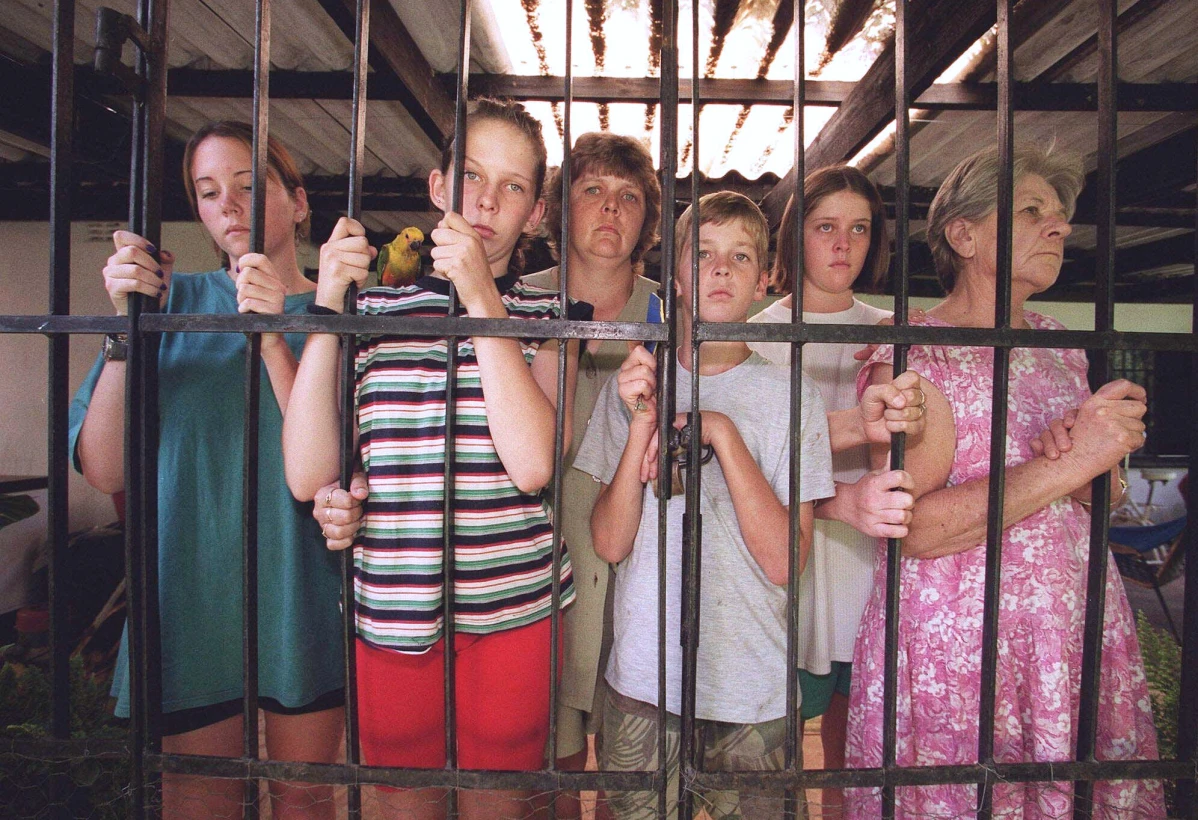HARARE – The High Court on Wednesday nullified the suspensions of teachers who have been boycotting work since schools opened on February 7 in a standoff over salaries.
Within hours of the court ruling, however, the government appeared to escalate the fight by announcing that those that do not report for work by February 22 will be considered to have resigned.
Teachers declared incapacitation when schools opened, decrying their salaries which have been shrivelled by inflation and a weak Zimbabwe dollar. The government awarded them a 20 percent increase, but unions say the hike is the equivalent of US$20 and far short of their demands.
Primary and secondary education minister Evelyn Ndlovu last Thursday announced that all teachers participating in the industrial action would be suspended for three months while investigations are carried out.
The Amalgamated Rural Teachers’ Union of Zimbabwe (ARTUZ) filed an urgent High Court application within hours, challenging the purported suspensions.
On Monday, Justice Fatima Chakapamambo Maxwell interdicted the ministry from proceeding with the suspensions, declaring them “of no force and effect.”
ARTUZ’s lawyer Noble Chinhanu from the Zimbabwe Human Rights NGO Forum said: “We presented our arguments before the court and the judge gave us an order saying the press statement issued by the ministry of primary and secondary education is now suspended.
“As of now the press statement that was issued by the minister of primary and secondary education is of no force and effect and teachers who were said to be suspended by that notice are no longer suspended.”
ARTUZ president Obert Masaraure said teachers welcomed the ruling as he insisted that the impasse between government and teachers will only be resolved if their salary concerns were addressed.
“We are glad that the judiciary managed to keep the executive in check, and we are excited that our executive is not being allowed to go rogue and we still have mechanisms to keep them within the confines of the law,” Masaraure said.
“Going forward, teachers remain incapacitated and are not reporting for duty. The only thing that will make us to go to work is US$540. We also note numerous propaganda initiatives that are being made by this government which is now logged in a space of confusion. We urge the government to stop wasting resources on issuing press statements, and holding press conferences. Teachers need one simple thing which is US$540 in our accounts. The rest is nonsense and rubbish that no-one will entertain.”
Speaking following a Cabinet meeting on Tuesday, information minister Monica Mutsvangwa said the government would take “stern action” on teachers that did not report work.
And shortly after Justice Maxwell’s ruling, the Public Service Commission (PSC) issued teachers with a February 22 ultimatum to report for work or be sacked.
The PSC said the strike by teacher would have a “lasting, negative impact on an entire generation.”
“All teachers, deputy heads and heads of schools who do not report for duty by February 22, 2022, will be deemed to have retired from service,” the PSC said in a statement.
“Those reporting for duty and not teaching will also be deemed to have resigned.’
The PSC said the teachers considered to haver resigned would be asked to leave school accommodation.
Meanwhile, the PSC said unemployed qualified teachers and university graduates in the sciences interested in joining the teaching profession should register at their district offices.
The Progressive Teachers’ Union of Zimbabwe said the threat to replace the country’s 150,000 teachers was an old trick from the Zanu PF’s playbook.
“The truth is that both the PSC and ministry of primary and secondary education have been sitting on applications of qualified teachers since 2014, despite the huge teacher shortage in schools,” the union said, adding that the teacher-pupil ratio is currently 1:100.
“They can’t use them as a threat every time employed ones complain. This government must grow up.”
Zimbabwean teachers currently earn an average Z$25,000, officially about US$211 at the government’s controlled exchange rate, but just US$115 on the widely-used parallel market.
















